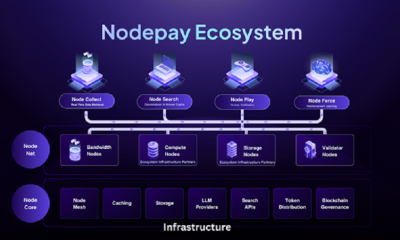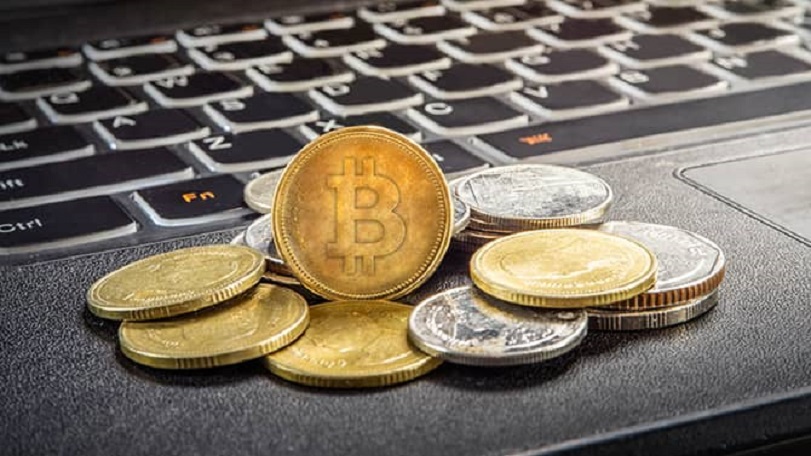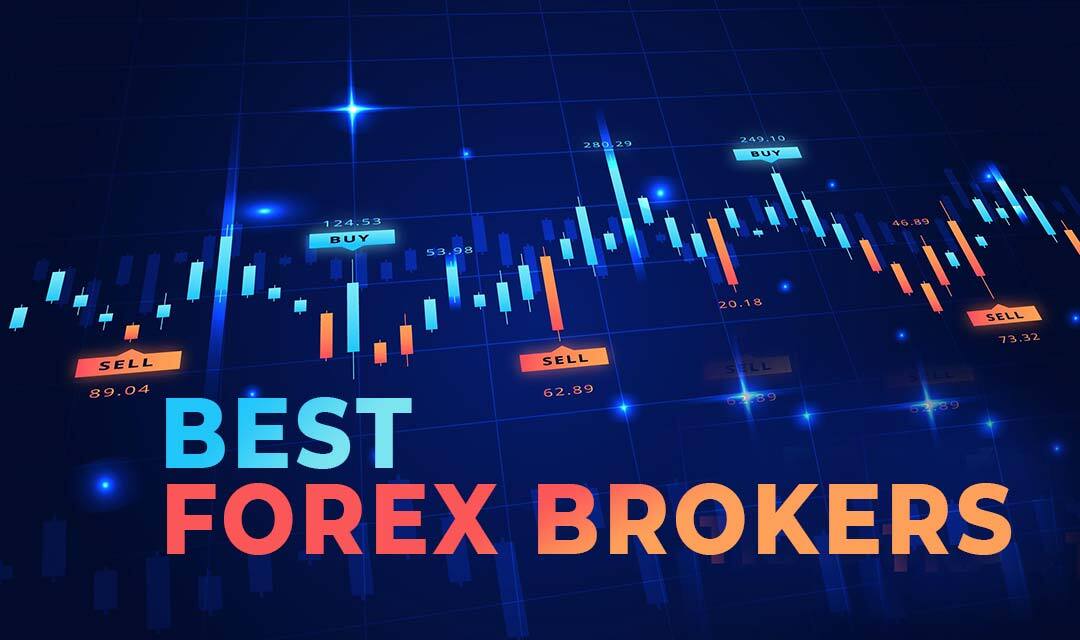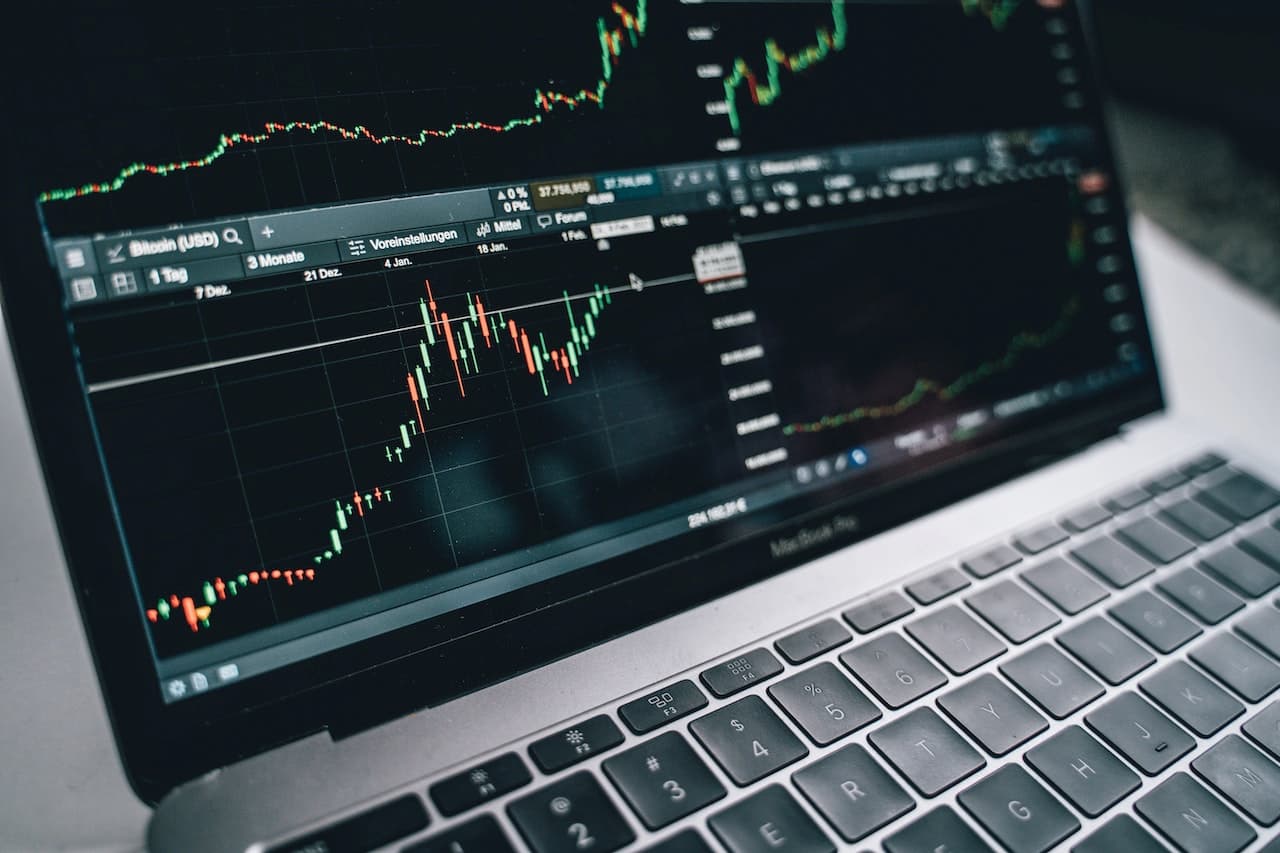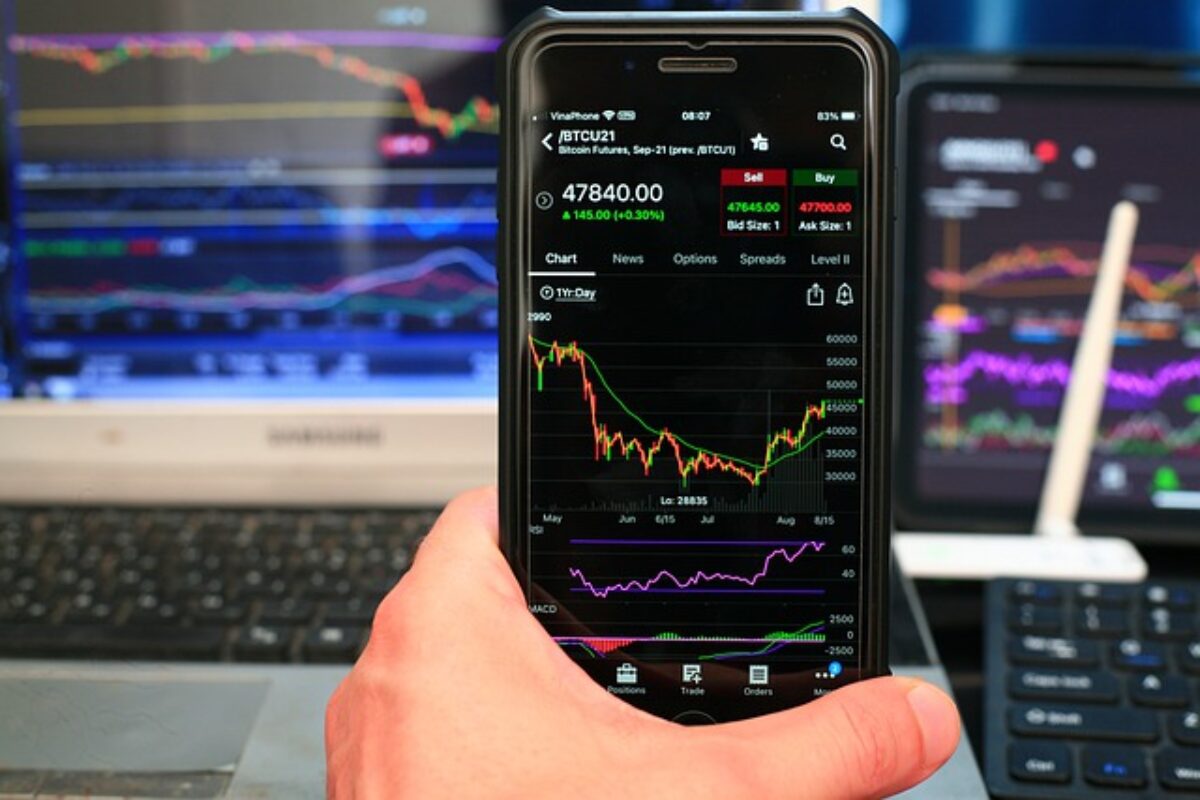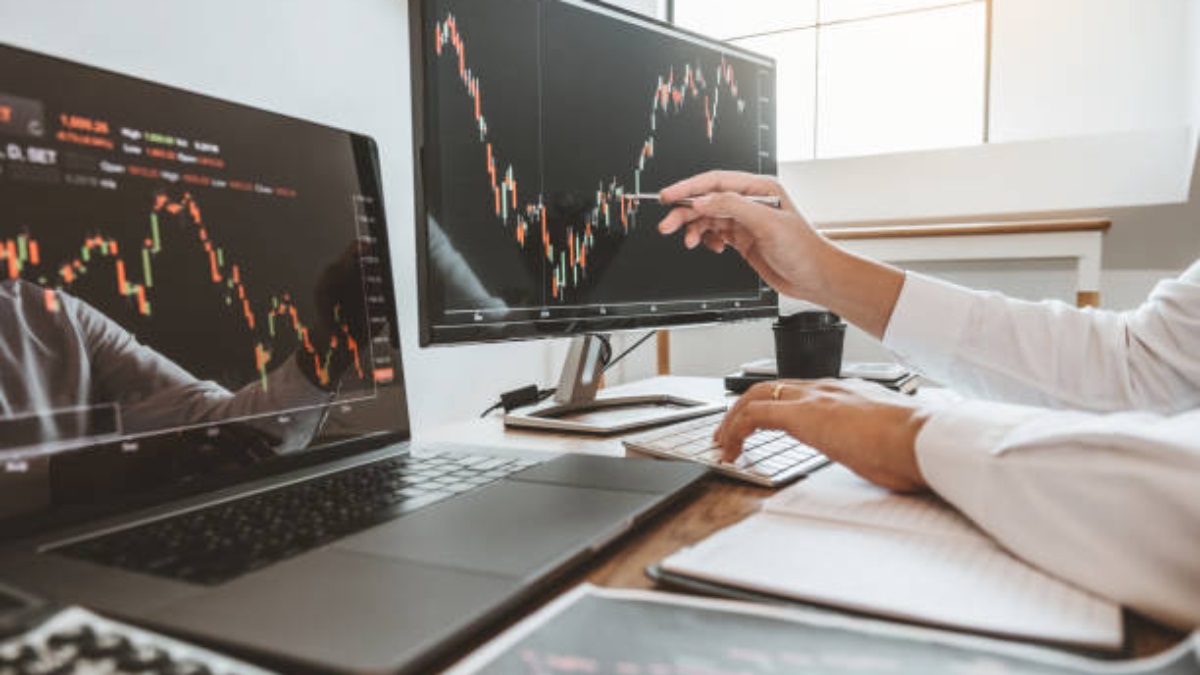Economy
Atomic Wallet App Review 2023 Presented By Traders Union Experts
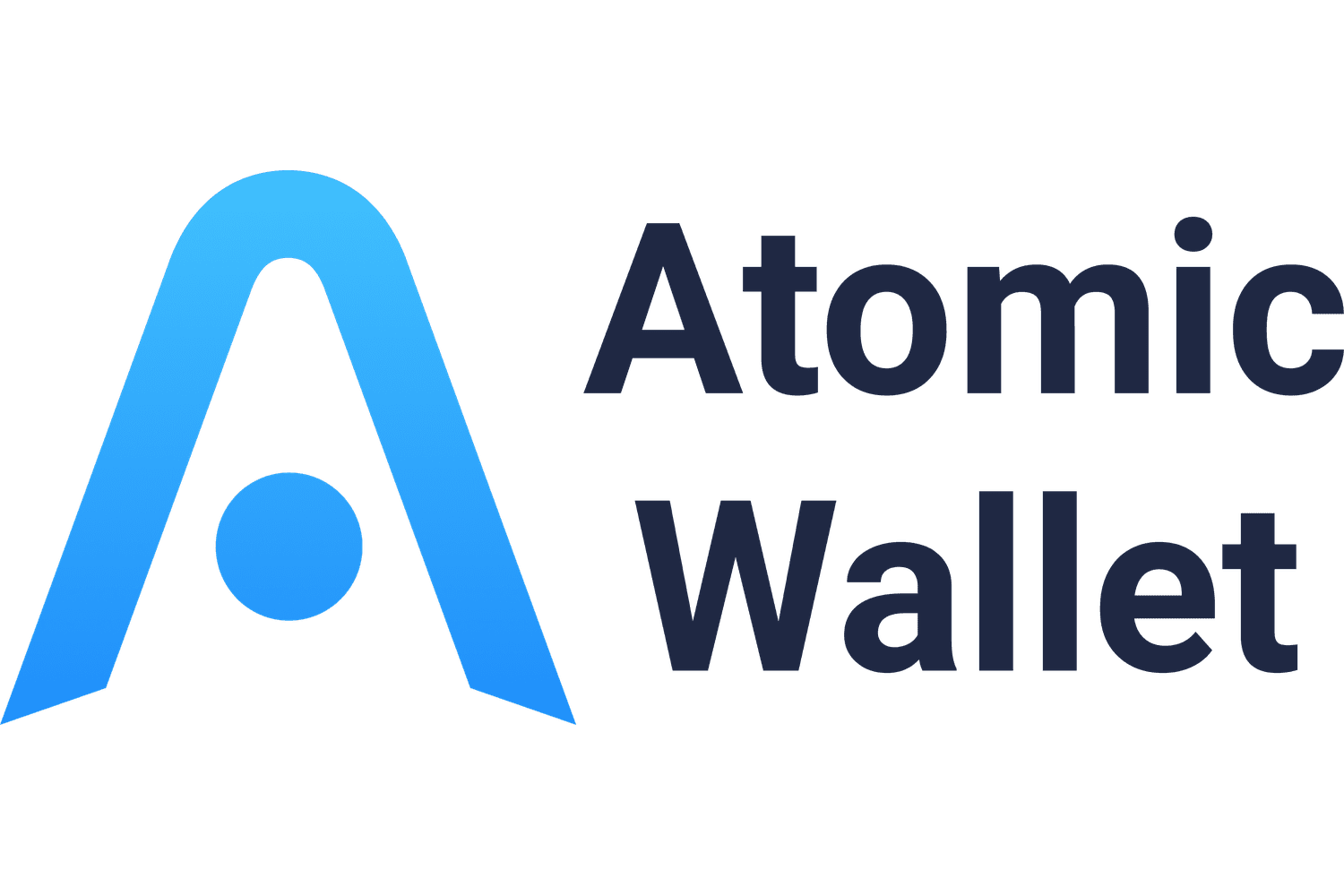
Atomic Wallet, a non-custodial, cross-platform cryptocurrency wallet developed by an Estonian team in 2018, supports exchange transactions and token holding. Built on its unique blockchain and Atomic Swap protocol, it facilitates rapid, direct transactions without intermediaries.
The Atomic Wallet app reviewed by Traders Union offers an efficient means to minimize transaction fees. Both desktop and mobile versions are standalone, and not tied to any crypto startup.
Things to know about Atomic Wallet
Traders Union presents an in-depth look into the robust capabilities of Atomic Wallet, a multifaceted cryptocurrency platform:
- Atomic Wallet, a decentralized platform, supports over 300 tokens and altcoins, offering a vast array of investment choices.
- It incorporates a built-in exchange mechanism permitting immediate swaps between cryptocurrencies and fiat money, supporting over 18 fiat currencies such as USD, EUR, and RUB, with a low spread to ensure favorable conversion rates.
- Unlike many exchanges, Atomic Wallet champions anonymity. Users need not provide extensive personal data for verification; only a photo is required. Post password and key generation, the user assumes complete responsibility for their account, adhering to the principles of decentralization.
- Atomic Wallet facilitates the staking of more than 30 currencies with attractive profitability rates. Long-term investors (one month or more) can potentially earn an additional 5-10%. The wallet maintains its own pool of validators ensuring maximum liquidity, quick verification, swift transaction confirmation, and fair reward distribution.
- Lastly, Atomic Wallet has its proprietary token, AWC. Holding AWC provides users with exclusive benefits such as discounts and cashback, amplifying the overall user experience.
Is Atomic Wallet safe?
TU experts assess the safety features of Atomic Wallet, an innovative cryptocurrency platform:
- Atomic Wallet demands standard registration security measures like password and seed phrase generation, and minimal verification through photo submission.
- The wallet, however, lacks two-factor authentication. No additional confirmation through email or phone is available, marking a potential security concern.
- Atomic Wallet doesn’t collect user data during registration, hence your email, phone number, or address aren’t needed.
- Atomic Wallet supports cold storage, allowing you to maintain access to your cryptocurrencies offline.
- While Atomic Wallet has not yet suffered any hacks, risks are inherent, such as phishing sites, accidental password disclosure, or malware.
- Atomic Wallet’s Terms of Service highlight certain limits to its liability. Users are advised to carefully review all regulating documents before investing.
Atomic features: A short review
TU analysts delve into the primary and secondary features of Atomic Wallet, along with its incentive systems:
- Atomic Wallet serves as both a hot and cold wallet for short-term trading and long-term storage of cryptocurrencies, requiring minimal setup and verification.
- It enables the purchase of cryptocurrencies via Visa/MasterCard through the ShapeShift exchange.
- Staking, an auxiliary feature, offers passive income. With 13 coins currently available for staking, users can earn 0.5%-20% profitability, paid in cryptocurrency every 3-7 days.
- Atomic Wallet features a cashback loyalty program, offering up to 1% commission compensation to holders of its native AWC token.
- The wallet proposes four tiered statuses—Blue to Platinum—for active AWC investors, promising average payback periods of 6-12 months thanks to the multi-level reward system.
What are the costs of Atomic Wallet?
Atomic Wallet charges a 2% commission per transaction, with the amount determined in the transaction currency, or a minimum fee of 10 USD. However, the exact fee amount is only displayed in the wallet. While no other fees are charged by Atomic Wallet itself, users should note that additional fees may be applied by their chosen payment system or payment provider.
In addition to the Atomic Wallet review, Traders Union has also published a MetaMask wallet review on their website. This review provides an insightful analysis of MetaMask’s functionalities, user interface, and security features, offering traders a comprehensive understanding of this Ethereum-based wallet.
Conclusion
The Atomic Wallet app offers a robust platform for managing a diverse array of cryptocurrencies, with features such as built-in exchanges, staking options, and a cashback loyalty program. However, users should be aware of its potential security limitations. For more in-depth reviews of cryptocurrency wallets and trading platforms, be sure to visit the Traders Union website.
Economy
SEC, NOA to Sensitize Nigerians to Illegal Investment Schemes
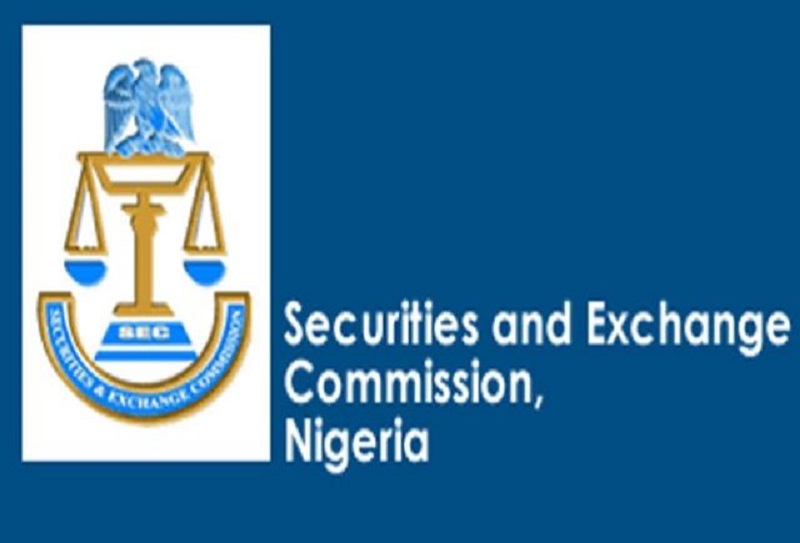
By Adedapo Adesanya
The Securities and Exchange Commission (SEC) and the National Orientation Agency (NOA) have partnered to enlighten Nigerians on illegal investment schemes in Nigeria.
The director-general of SEC, Mr Emomotimi Agama, stated this during a meeting with his NOA counterpart, Mr Lanre Issa-Onilu, in Abuja on Thursday, according to a statement from SEC.
Mr Agama said the capital market is an available tool for national development, but beyond all that, there is a tendency for people to do the wrong things that will lead to the impoverishment of Nigerians.
According to him, these are not supposed to be, but many people fall victim due to a lack of knowledge. He stated that these schemes are springing up daily, and those involved are defrauding Nigerians, as people are always gullible because of the need to survive.
“As a management, we decided to move out to enlighten people; we cannot assume that people know, we need to go out for mass communication, hence this collaboration. It is only by co-operation that we can achieve the purpose of our existence,” he stated.
The SEC DG solicited the co-operation of the NOA to reach Nigerians because of its capacity and vast network of mass media, in a bid to ensure that the message reaches every nook and cranny of the country.
“This collaboration is important because it will go a long way in ensuring that Nigerians are no longer victims of these fraudulent schemes. We appreciate that you value this country, and we value the work that you do,” he added.
On his part, Mr Issa-Onilu commended the SEC for the capital market’s achievements in recent times, adding that the commission has not been celebrated enough.
“We commend you and thank you on behalf of the country, but most Nigerians are not aware of the opportunities in the capital market. An ignorant society will fall victim to many things that are avoidable. It is our responsibility to enlighten people to make the right decisions.
“We request that you provide information on what you do to enable us to propagate them. Our primary assignment is to serve all government institutions as the communications arm. We do a lot of enlightenment in places like the religious houses, motor parks, town halls, among others.”
Mr Issa-Onilu said the NOA engages in civic education to create the right values that will help most Nigerians be better citizens, saying that “many Nigerians are deficient in good behaviour. Both the Ponzi scheme promoters and those who patronise them are suffering from the wrong attitude and values.
“We have to encourage people to have the right attitude so they do not fall victim to Ponzi schemes. We have created a lot of platforms to interact with Nigerians.”
Economy
NNPC Records N5.7trn Post-Tax Profit in 2025, Generates N60.52trn
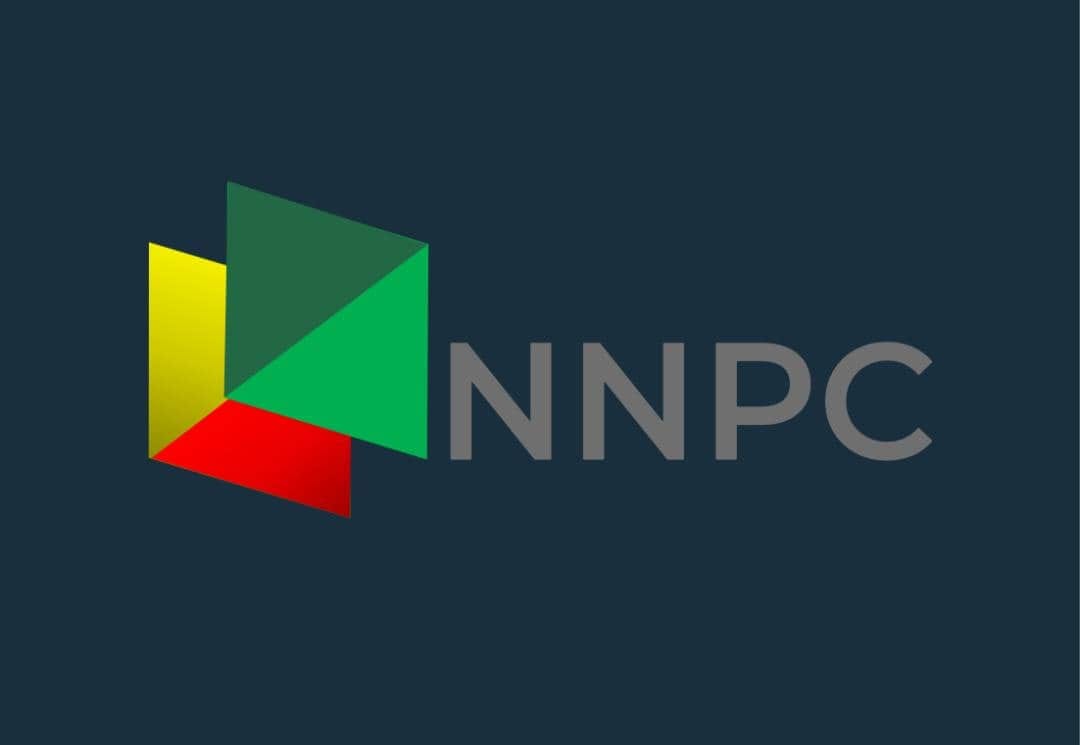
By Adedapo Adesanya
The Nigerian National Petroleum Company (NNPC) Limited booked a Profit after Tax of N5.760 trillion after generating N60.517 trillion in revenue in 2025.
According to its monthly report published on Thursday, the sum of N14.706 trillion was remitted to statutory government agencies.
It said crude production dipped slightly in December, the last month of the year, from earlier months due to scheduled maintenance and several unplanned outages.
The report indicated that crude oil and condensate production averaged 1.54 million barrels per day in December 2025, while natural gas production stood at 6.914 billion standard cubic feet per day.
NNPC further disclosed that its retail outlets achieved 65 per cent product availability in December, while upstream pipelines recorded 100 per cent availability during the period.
On key infrastructure projects, the company stated that the Obiafu-Obrikom-Oben (OB3) pipeline project reached 91 per cent completion, while the Ajaokuta-Kaduna-Kano (AKK) pipeline project also attained 91 per cent completion.
The report from the Nigerian state oil company noted that December production performance was affected by planned maintenance at the Stardeep-Agbami and Renaissance–Estuary Area facilities, as well as unplanned production outages.
In its previous monthly update, NNPC disclosed that revenue declined by 14.17 per cent in November 2025 to N4.358 trillion, down from N5.078 trillion recorded in October.
Despite the drop in revenue, profit after tax rose by 12.3 per cent to N502 billion in November, compared with N447 billion in October.
The report also showed that the company made statutory payments of N967 billion to the government in October, bringing total remittances between January and October to N12.117 trillion.
NNPC said all figures remain provisional pending final reconciliation with stakeholders.
Economy
N636bn BoI Loans to MSMEs Validate Economic Reform Agenda—Tinubu
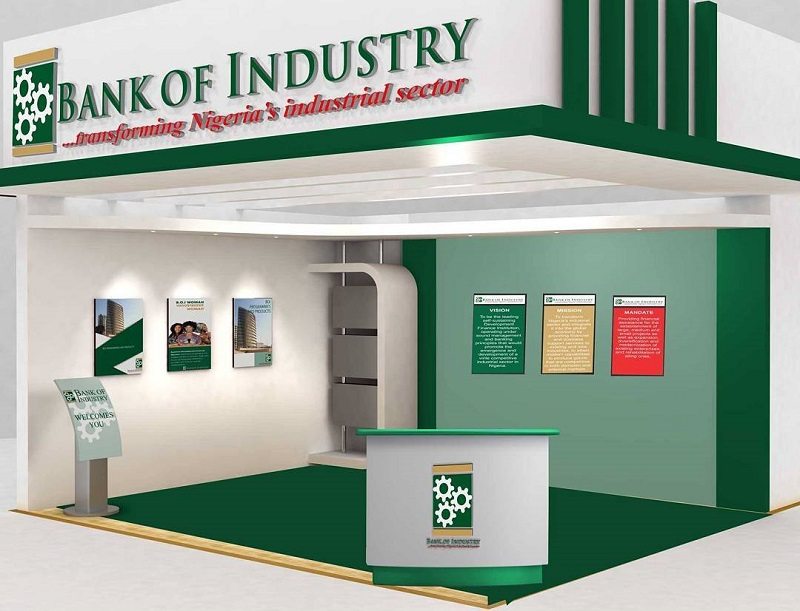
By Modupe Gbadeyanka
President Bola Tinubu has expressed satisfaction with the disbursement of N636 billion as loans to business owners in the Micro, Small and Medium Enterprises (MSMEs) in the country by the Bank of Industry (BoI) in 2025.
In a statement signed by his Special Adviser on Information and Strategy, Mr Bayo Onanuga, the Nigerian leader disclosed that the development validates his government’s economic reform agenda.
Over 7,000 enterprises were given soft loans worth N636 billion by the lender last year, the highest annual financing volume in the institution’s history.
A breakdown of the financing shows that N202 billion was allocated to agro-allied enterprises, N100 billion to critical national infrastructure, including broadband, power, aviation, and transportation, N79 billion to manufacturing, N77 billion to extractive industries, and N55 billion to services.
In addition, the bank deployed N73 billion in managed and matching funds on behalf of state governments and institutional partners.
Under the BoI 2025 disbursement, strategic interventions included upgrading a tomato processing facility from 3.1 metric tonnes per hour to 10 metric tonnes per hour and linking 47,508 smallholder farmers to formal processing value chains.
The bank also supported the deployment of 100 mini-grids in partnership with global development finance institutions, connecting 11,777 new customers to electricity. BOI-financed projects contributed to an estimated annual reduction of over 20,000 tonnes of carbon emissions.
“The N636 billion disbursed by the Bank of Industry in 2025 translates directly into productive capacity across Nigeria. It financed agro-processing expansion, strengthened manufacturing output, supported infrastructure delivery, and empowered thousands of enterprises across our states.
“At a time of global financing constraints, Nigeria expanded access to long-term capital for its businesses. That is a direct outcome of reform, credibility, and institutional discipline,” Mr Tinubu said.
It was observed that disbursement by business size reflects a deliberate inclusion strategy. Nano enterprises received N51 billion. Micro businesses accessed N32 billion. Small and medium enterprises received N178 billion in financing, while large enterprises accounted for N375 billion.
Under the federal government’s N200 billion MSMEs intervention programme, BoI recorded over 95 per cent performance as the disbursing institution. The Presidential Conditional Grant Scheme reached 957,400 beneficiaries in 2025 alone.
In addition, BOI’s financing activities led to the creation and retention of approximately 1.6 million jobs. The bank supported more than 7,000 MSMEs and 570 startups during the year.
Inclusive financing initiatives also recorded a measurable impact. Through the Guaranteed Loans for Women Programme, a N10 billion gender-focused facility providing up to N50 million per beneficiary, women-owned enterprises expanded access to affordable credit. Youth-owned enterprises received N12 billion in financing. Under the Rural Area Programme on Investment for Development, 880 rural-based enterprises across the 36 states and the FCT accessed over N6.5 billion.
The President further noted that BOI maintained strong asset quality, recording a non-performing loan ratio below 1.5 per cent despite macroeconomic headwinds. He also acknowledged the €2 billion syndicated facility secured in 2024 and the additional €210 million mobilised from international partners in 2025, which strengthened the Bank’s lending capacity.
“Development finance must be disciplined, measurable, and aligned with national priorities. What we are witnessing is the transition from strategy to scale.
“Our economic transformation will be built on production, value addition, and enterprise growth. We will continue to crowd in capital, deepen institutional reform, and ensure that access to finance supports real sector expansion across Nigeria,” President Tinubu stated.
He reaffirmed his administration’s resolve to consolidate reform gains and expand credit access to enterprises as part of a long-term strategy to accelerate industrialisation and inclusive economic growth.
-

 Feature/OPED6 years ago
Feature/OPED6 years agoDavos was Different this year
-
Travel/Tourism10 years ago
Lagos Seals Western Lodge Hotel In Ikorodu
-

 Showbiz3 years ago
Showbiz3 years agoEstranged Lover Releases Videos of Empress Njamah Bathing
-

 Banking8 years ago
Banking8 years agoSort Codes of GTBank Branches in Nigeria
-

 Economy3 years ago
Economy3 years agoSubsidy Removal: CNG at N130 Per Litre Cheaper Than Petrol—IPMAN
-

 Banking3 years ago
Banking3 years agoSort Codes of UBA Branches in Nigeria
-

 Banking3 years ago
Banking3 years agoFirst Bank Announces Planned Downtime
-

 Sports3 years ago
Sports3 years agoHighest Paid Nigerian Footballer – How Much Do Nigerian Footballers Earn


